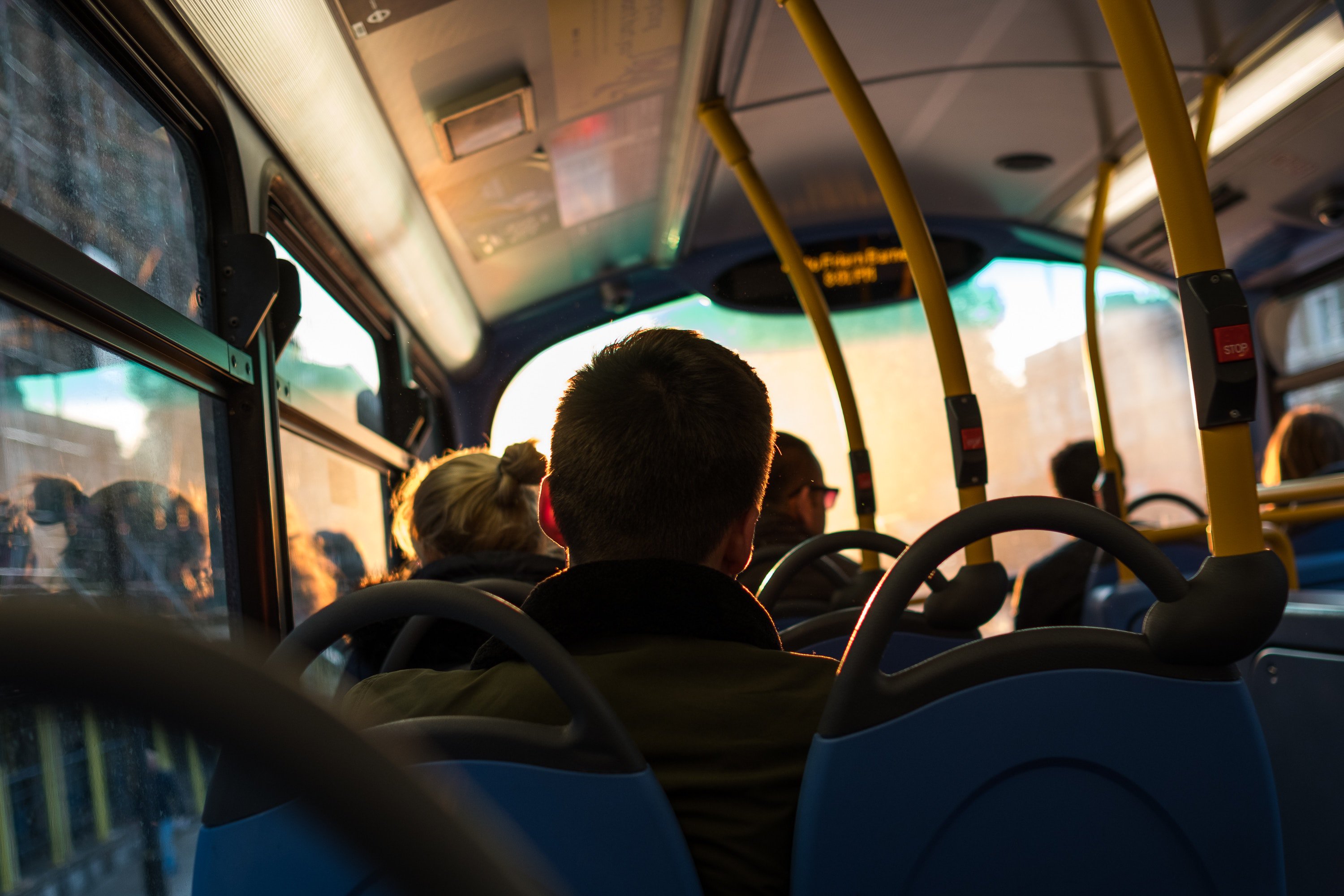September 22 2021
For Car Free Day our Policy Manager Rebecca Kite writes about the steps we can take to encourage people to travel by bus and coach rather than going by car.
Reducing carbon emissions, improving air quality, and making sure everyone can access a reliable transport network can all be achieved if we change our travel behaviours to end reliance on the private car. Car Free Day is an excellent opportunity for our industry to come together and highlight the multiple benefits if more journeys were made by bus and coach.
Having fewer cars on the road can make a huge difference to our environment. For example, at the height of lockdown, Manchester reported a 70% decrease in nitrogen oxide emissions, a reduction in carbon emissions, and quicker, more efficient road speeds. We will continue to see these dramatic improvements if we change travel behaviours, and keep cars off the roads.
To encourage people to change the way they travel, we must first address the issues that can deter people from travelling by bus or coach. It is vital more places around the UK recognise the importance of coach travel and introduce coach friendly policies that make travelling by coach the easiest, most convenient travel option. Coach travel is frequently hampered by poor access and a lack of facilities for both passengers and drivers. As a result, this can make travelling by car look more attractive, despite increased car use leading to traffic, slower journey times and an increase in toxic exhaust fumes.
Unreliable bus journey times caused by increased congestion reduces passenger numbers. In order to encourage more people on board, we need to reduce the level of congestion on our roads, keep buses out of traffic and enable them to deliver a quicker, more reliable bus service. Bus Service Improvement Plans are an opportunity for bus operators and local authorities to work together to set out measures that will encourage people out of cars and onto the bus. Measures that keep buses out of traffic such as bus only roads, bus lanes and priority signalling at junctions can all help deliver more reliable bus journeys.
Zero emission buses and coaches are an important part of the journey to net zero and cleaning up the air we all breathe. It’s vital that we continue to have government funding to invest in zero emission buses, but we also need to make sure that we have passengers on board these buses; empty zero emission buses will do little to curb carbon emissions. If everyone took one more bus journey per month, we could reduce carbon emissions by up to 2 million tonnes per year and just a 15% increase in journeys by coach can reduce carbon emissions by over a quarter of a million tonnes. This is why government on a national and local level must recognise and promote the benefits of both bus and coach travel.
It is vital we continue the momentum beyond Car Free Day to ensure as many people as possible understand the benefits fewer cars on the road has for everyone. I encourage you to keep sharing the message that altering travel behaviours is one of the most effective ways we can tackle some of the most pressing environmental challenges we face today.
